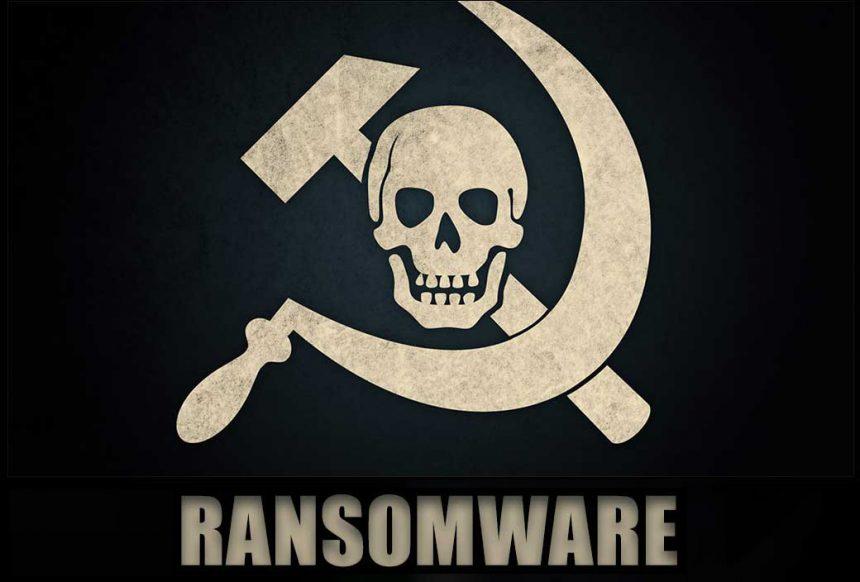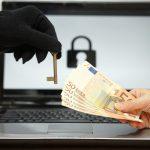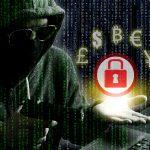Ransomware continues to be a pervasive menace, wreaking havoc on individuals and organizations alike. Among the latest iterations of this malicious software is EDHST Ransomware, a formidable threat capable of encrypting files and demanding ransom for their release. In this article, we delve into the workings of EDHST Ransomware, its implications, detection methods, removal guide, and essential tips for preventing future infections.
Understanding EDHST Ransomware
EDHST Ransomware operates by infiltrating systems through various means, such as malicious email attachments, software vulnerabilities, or compromised websites. Once inside a system, it swiftly encrypts files, rendering them inaccessible to users. Victims are then presented with ransom notes, typically demanding payment in cryptocurrencies in exchange for the decryption key.
Text in the ransom note:
| DON’T PANIC! |
| EVERYTHING WILL BE FINE! |
All your files, documents, photos, databases and other important
files are encrypted.
You are not able to decrypt it by yourself! all of the encrypted
data cannot be recovered by any means without contacting our team directly.
To make sure that we REALLY CAN recover all of the encrypted data – we offer you to
decrypt 2 random files of your choice completely free of charge.
None of your internal documents or files were downloaded this time, and
as soon as we receive the payment – your network will be completely recovered
like nothing happened.
Don’t worry! It’s up to you to decide how much you pay!
The faster you reply, the easier it will be!
How to obtain Bitcoins?
* Read this guide:
hxxps://www.coindesk.com/learn/how-can-i-buy-bitcoin/
EMAIL us:
trufflehogger@proton.me
-> ATTENTION:
* DO NOT rename encrypted files.
* DO NOT try to decrypt your data using third party software,it may cause permanent data loss.
* Decryption of your files with the help of third parties may cause increased price (they add their fee to our) or you can become a victim of a scam.
The consequences of falling victim to EDHST Ransomware can be severe. Encrypted files may include sensitive documents, financial records, or irreplaceable personal data. The extortion demands add further distress, as victims are left grappling with the decision to pay the ransom or risk losing their files permanently. Moreover, the disruption to business operations or personal activities can be significant, leading to financial losses and reputational damage.
Detection Names and Similar Threats
EDHST Ransomware may be detected by various antivirus solutions under different names, including but not limited to:
- Trojan.Ransomware.EDHST
- Ransom:Win32/EDHST
- W32/EDHST.A!tr
- EDHST/CryptoLocker.A
Similar threats in the ransomware landscape include infamous variants like WannaCry, Ryuk, and Maze Ransomware, each with its own modus operandi and encryption techniques.
Removal Guide
Removing EDHST Ransomware from an infected system requires a systematic approach:
- Disconnect from the Network: Immediately disconnect the infected device from any network to prevent further spread.
- Enter Safe Mode: Restart the computer and enter Safe Mode to limit the malware’s functionality.
- Identify Malicious Processes: Use Task Manager (Ctrl + Shift + Esc) to identify and end any suspicious processes related to EDHST Ransomware.
- Delete Temporary Files: Clear temporary files using the Disk Cleanup utility to remove any remnants of the malware.
- Restore from Backup: If available, restore encrypted files from a recent backup to regain access to your data.
- Scan with Antivirus: Run a full system scan with reputable antivirus software to detect and remove any remaining traces of the ransomware.
Prevention Tips
To mitigate the risk of EDHST Ransomware and similar threats, adopt the following preventive measures:
- Keep Software Updated: Regularly update operating systems and software to patch known vulnerabilities.
- Exercise Caution Online: Avoid clicking on suspicious links or downloading attachments from unknown sources.
- Use Antivirus Software: Install and maintain up-to-date antivirus software to detect and prevent malware infections.
- Backup Regularly: Implement a robust backup strategy to regularly back up important files and data to an external storage device or cloud service.
- Educate Users: Educate employees or family members about the dangers of ransomware and the importance of cybersecurity best practices.
By implementing these proactive measures, individuals and organizations can fortify their defenses against EDHST Ransomware and other malicious threats.





